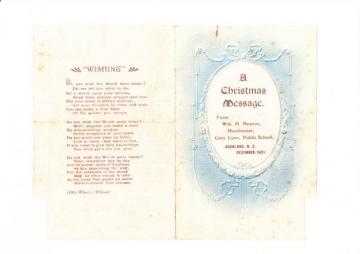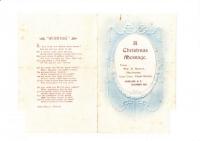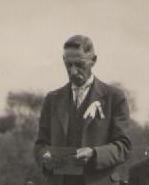Home-100 years of Grey Lynn School
- Our School Icons The Puriri Tree
- Our School Icons Memorial Plaques
- Our School Icons The Dental Clinic
- Our School Icons The Plantation
- Our School Icons The Swimming Pool
- Our School Icons The Adventure Playgrounds
- Grey Lynn School Pupils at War - 1914-1918
- Grey Lynn School Pupils at War - 1939-1945
- Our School Taonga: Our Motto-Deeds not Words
- Our School Taonga: Certificates and awards
- Our School Taonga: The 1929 Handmade School Magazine
- Our School Taonga: Jubilee Badges
- Our School Taonga: Homework!
- Changes to our school buildings in 100 years
- Famous Past Pupils
- Arbor Day at Grey Lynn School
- Sports in the past
- Grey Lynn School Jubilees
- Centennial 2010
- Memories of Grey Lynn School by past pupils
- Memories of Grey Lynn School by past pupils 2
- Memories of Grey Lynn School by past pupils 3
- The Culture and Population of Grey Lynn School
- Our team
- PKIL - the Research Process at Grey Lynn School
- Learning outcomes
- References and acknowledgements
Memories of Grey Lynn School by past pupils
Thelma Clough
Last year our school celebrated its hundredth year. Miss Thelma Clough was our oldest living pupil. Miss Clough attended Grey Lynn School from 1919 to 1926. She opened and closed the Centennial Year. In a memoir Miss Clough wrote, "A Tale from my Early Days", she remembered:
"The grounds were not landscaped and I don't not know where the boys exercised, but we girls were fortunate in having a basketball (now called netball) court with goal posts at each end. This was probably used for tennis too.
Most of us went home for lunch as we lived near enough to walk or cycle to school every day. There were no parents with cars to drive us to and from school either.
Classrooms were heated by pot-bellied stoves, which were too warm nearby and never spread the heat to the back of the room, but did dry clothes on a wet day.
Our desks were very heavy wooden ones. In one corner there was a hole for an inkwell and it was an honour to be chosen to be inkwell monitor. We learned to write using a slate. We were expected to copy letters and figures written on the upper line. We were in trouble if we made the pencil squeak. Errors were erased by a wet cloth or licking one's finger and rubbing them out. Later we used pencils and pens. A pen was a shaped piece of wood with a brass nib, using ink from the inkwell. We were excited when fountain pens became available.
Our teachers were mostly men. Discipline was strict with classes of 50-60 (pupils) in number. We did have women teachers, especially for sewing, singing and physical education.
We did not have any uniforms. Our clothes were often made by our mothers and passed down the family. The boys often wore shorts that were cut down from their father's trousers - and the lining was made from flour sacks."
Abridged by Dorothy
When Miss Clough was a pupil at the school, the Headmaster of the day, Mr William Newton, gave each child a special Christmas card with an uplifting message in it. We are fortunate to have copies of these cards in our archives. Mr Newton is pictured below at the Silver Jubilee in 1936 when he was Chairman of the Jubilee Committee.







